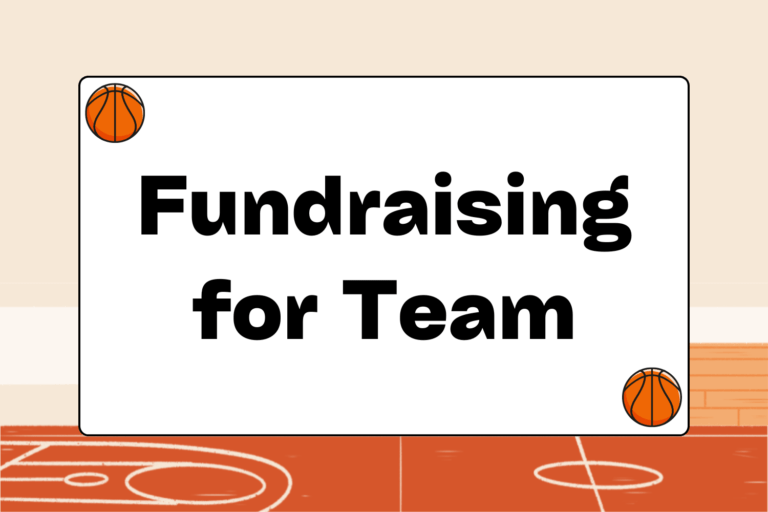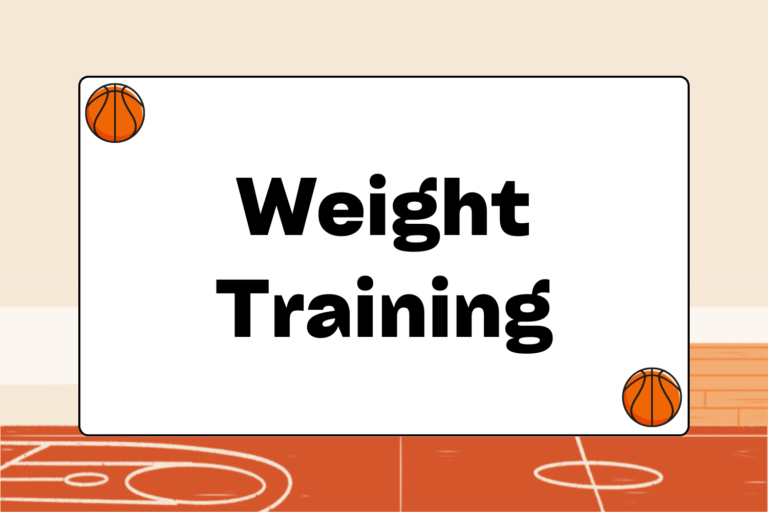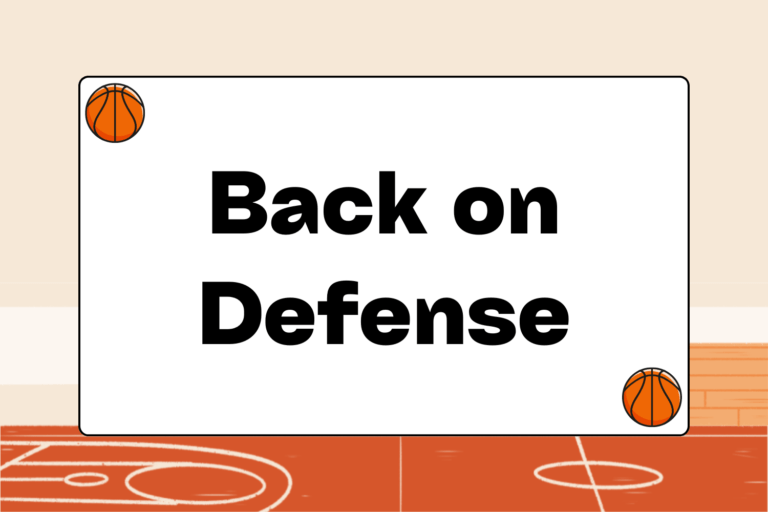By definition, basketball is not a contact sport, but that doesn’t mean there isn’t contact between opponents. Ask players who have taken a charge or been on the receiving end of an elbow to the face and they will tell you, contact is simply part of the game. In fact, basketball rules allow for a reasonable amount of physical interaction between opponents. This contact becomes illegal, however, when a player gains an advantage over his opponent. This rule violation is called a personal foul
Generally, racking up personal fouls in basketball isn’t a strategically sound practice. In fact, if you get whistled for contact one too many times you will promptly find yourself enjoying the game from the bench. However, there are a few instances when it would be advantageous to foul the opponent. This guide examines the personal foul from a strategic perspective.
Playing From Behind
Unless the goal is to make your coach’s blood boil, committing a ticky-tack foul ninety feet from the opponent’s basket is not a good habit to get into. But in time-sensitive situations (i.e. your team is attempting to rally and take the lead during the final minutes of regulation), intentionally getting whistled for a foul could be the smartest play.
In basketball, the game clock will run continually whenever the ball is live, or in play. Once the ball becomes live, only four things can stop the clock again: A violation, a ball out-of-bounds, a timeout, or a foul. Although all four of the aforementioned options will stop the clock, fouling is generally a defense’s most viable option because it is the only option the defense has total control over. In other words, the defense can choose to foul at any time instead of depending on the offense to make a mistake, or waiting for an opportunity to call a timeout.
Smart Fouls vs. Dumb Fouls
In theory, stopping the clock with an intentional foul will result in more scoring opportunities for your team, and points are the priority when playing from behind. However, when it comes time to foul, it is important to remember that all fouls are not created equal. Here are a few keys to keep in mind:
- Try to avoid shooting fouls: The point of fouling is to optimize your team’s chances of emerging victorious. So sending the opponent to the free throw line, when not necessary, can be counterproductive. If you are in a situation in which you need to foul, fouling before the opposing team has a chance to attempt a shot will help you avoid this mishap.
- Don’t use excessive force: You must make contact with the opponent in order to get whistled for a personal foul, but don’t make the mistake of overdoing it. When the game is tight and a team is playing from behind, most referees will look for the defense to purposely foul. Using excessive force in these situations is unsportsmanlike, and you can be penalized with a flagrant or intentional foul. These types of fouls are certainly bad news because they result in free throw attempts and a subsequent possession for the opponent.
When to Avoid Fouling
During the course of a game, a foul here or there generally doesn’t have a huge impact. However, as the minutes wind down and the end of regulation draws nearer, the stakes get higher (especially if your team is ahead). Here are a few situations in which it would be smart to avoid fouling at all costs:
- Your team is ahead: If your team has the lead in the last few minutes of the game, then it would behoove you to do everything in your power to keep the clock running. So do your best to keep your hands to yourself when the game is tight. Otherwise every foul will elongate the game and result in a possible scoring opportunity for the opponent.
- You are far away from the opponent’s basket: As demonstrated above, sometimes fouling is a necessary evil. But, fouling the opponent when they’re not in a position to score (in the backcourt), is a waste of a foul.
Fouling is Fair Territory
Make no mistake, fouling is against the rules. But as the saying goes, rules were made to be broken. Don’t hesitate to use fouls to your advantage if the situation dictates; it can be a great clock-management strategy. Just remember that fouls have consequences, so be careful not to foul out!





